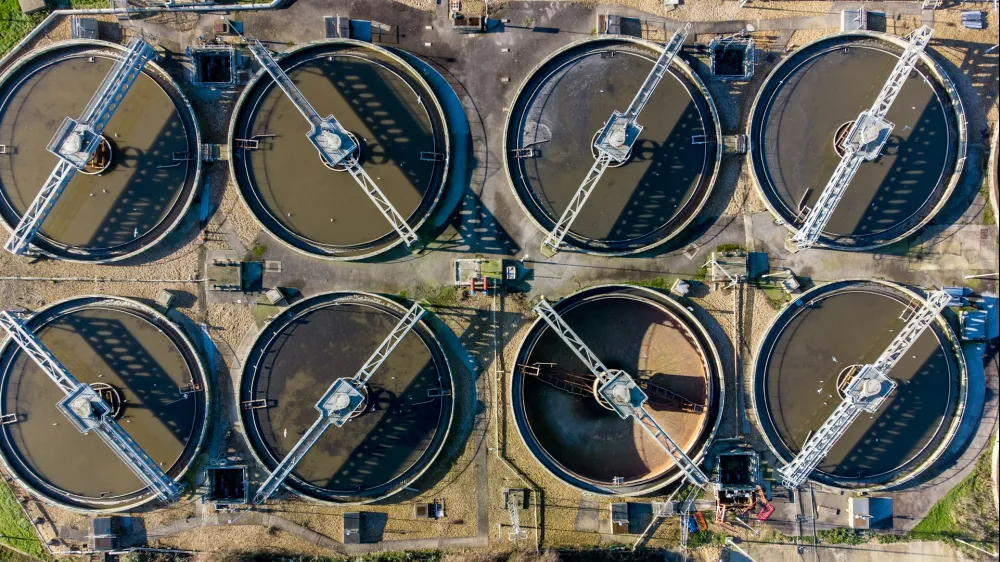
How Hong Kong plans to reach its carbon neutrality target
The government has implemented measures on waste management, energy supply and green building amongst others.
The Hong Kong government has introduced measures in line with its target to reduce carbon intensity in the City by 2030.
Hong Kong’s carbon emissions peaked in 2014. Its carbon intensity was 36% lower in 2018, compared to the baseline year of 2005.
“We are moving towards the 2030 target of reducing Hong Kong's carbon intensity by 65% to 70%, compared to the baseline year of 2005, as set out in the Hong Kong's Climate Action Plan 2030+,” Environment Secretary Wong Kam-sing said before the Legislative Council.
The government is also planning to achieve carbon neutrality before 2050. To achieve this the government has outlined the measures on waste management, energy supply, green building, green transport, cleaner production and green finance.
In February, the government launched the Waste Blueprint for Hong Kong 2035, in which it outlines its plans to move away from the City’s reliance on landfills for waste disposal.
“Up to 90% of the carbon emissions generated from waste management came from landfills, moving away from reliance on landfills could help Hong Kong achieve deep decarbonization,” he said.
Further, the government will also oversee whether power companies are replacing coal-fired generating units.
In 2020, coal accounted for less than 25% of the fuel mix for power generation. Meanwhile, natural gas increased to around 50%.
Wong said the government plans to increase the share of zero carbon energy further in 2025.
To promote green transport, the government has published the Hong Kong Roadmap on Popularisation of Electric Vehicles just last March. The roadmap is aimed at achieving zero vehicular emissions before 2050.
This is on top of the Cleaner Production Partnership Programme of the government that has received $293m in funding from 2008 to 2020. An additional $311m was granted in 2020 to extend the programme until March 2025.
It has helped reduce carbon emissions in the region by 1.74 million tonnes, annually.



















 Advertise
Advertise







